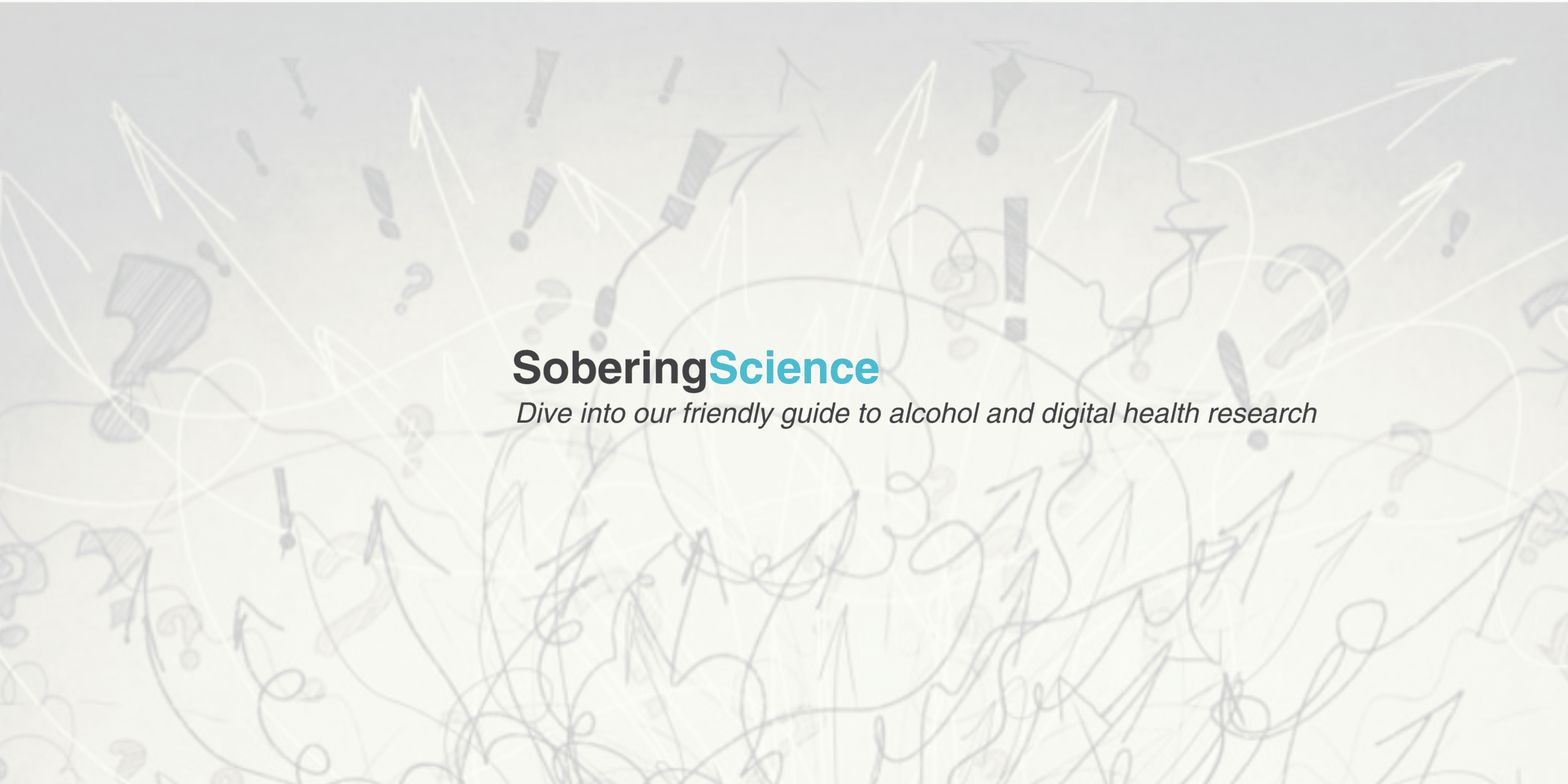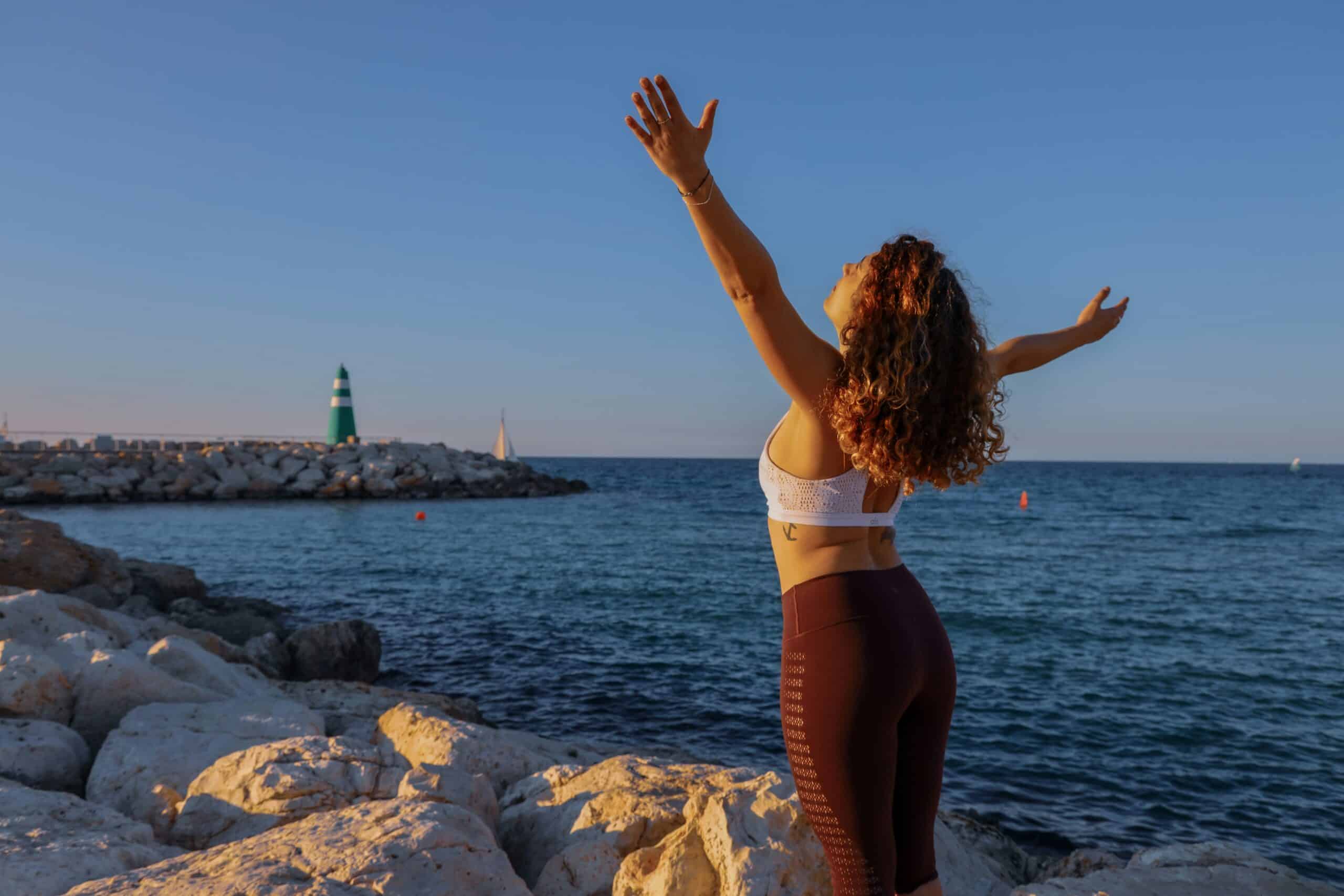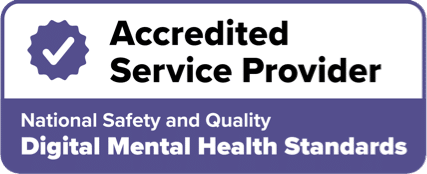
Melbourne Cup – re-examining Australia’s drinking culture
Every year when Melbourne Cup rolls around, we engage in an act that has been part of Australian tradition for many years – stopping to watch a race, often grouped around televisions or radios, caught up in the excitement of a long-standing cultural tradition.
There are good and bad sides to this – in some ways the race brings Australians together and gives us a chance to relax and celebrate incredible athleticism – on the other hand it can be deeply problematic in terms of animal welfare and celebrating a culture of drinking and betting to excess.
At Hello Sunday Morning, we are not able to explore all of these issues as thoroughly as they deserve, but we can provide some advice and guidance for people who are wanting to manage their alcohol intake on Cup day.
In many of our conversations about changing our relationship with alcohol, it is these kinds of special occasions – such as Christmas, birthdays, or public holidays like Australia day or Cup day – that can pose a big challenge.
Not only has alcohol often been a part of these events for as long as we can remember, but it can sometimes seem to go hand in hand with the event – as if going without it on the day might mean ‘missing out’ or even being labelled a spoilsport.
Our members often describe that really hard conflict between loving being Australians and participating in the culture – the friendship, fun and adventure – and struggling with the fact that being a non-drinker, or drinking in moderation, can be seen as somewhat incompatible with getting into the spirit of things, or can single them out to be pressured to drink.
We love traditions – they give us a sense of continuity, safety and togetherness – but sometimes we can feel swept along to participate, even if we know that it might not be in our best interests. The question is, how to manage this and find a way through?
Many of our Daybreak members have spoken about planning how to manage these kinds of events – looking at them with a critical eye and trying to predict triggers and possible strategies.
Some common concerns for people before the event are that they might be singled out for not drinking, and grilled about their decisions, while for others they feel it will be a sign that they aren’t much fun, and they might not be invited again.
None of us like to seem rude and we all generally like to be accepted. The good news is that it is very rare for a non-drinker to appear rude or not be invited back, unless they have behaved poorly and cast the spotlight on others’ drinking (which, really - who has time for that anyway?).
Most of the time it is not even noted or acknowledged if someone isn’t drinking, especially if they are engaging in conversation and abiding by social rules. In fact, you could make the argument that people who are not drinking (or drinking in moderation) have much less chance of causing offence than people who are drinking!
That said, it can be a challenge to get through events when others are drinking to excess – the combination of social expectation, your own urges to drink to manage feelings of boredom or discomfort, and the fact that you have probably drunk at every one of these events in the past, meaning that the situation is full of powerful triggers.
With this in mind, here are some tips to manage an event like a Cup Day lunch at work, or a less formal event:
Heads Up
Let people know casually ahead of time of your plans not to drink. giving reasons like ‘I’m having a break from alcohol for a while’, ‘I want to be fresh for tomorrow’ or ‘I’ve noticed my health is much better when I stay away from alcohol’. Just as you wouldn’t grill someone about their decision to buy a new car or go somewhere on holiday, you don’t really need to justify any decisions you make around drinking.
Choose Replacements
Consider what kinds of drinks you might like instead – some flavoured kombucha with soda and lime, some alcohol-free wine, beer or champagne, or herbal tea or coffee – luckily there are a number of satisfying alcohol-free drinks available that can help you to feel as if you are not missing out. Even if you are drinking these between alcoholic drinks, this can be a great ‘harm minimisation’ strategy that results in you drinking significantly fewer units of alcohol.
Reflect
Reflect on previous events – how did you use alcohol, and how might you like to use it in the future? If you find that alcohol helps you to get chatting to people and to open up, it might be useful to try this when sober. You might find that, rather than giving credit to the relaxing effects of alcohol, it is actually you who is responsible for the great conversation and social skills – the alcohol was just along for the ride!
Self-Care
The reality is that often, if we are moving away from heavy drinking, being around a lot of really drunk people can be a fairly miserable experience, even if they are people we really care about and generally enjoy spending time with. One common situation for Daybreak members is to find events like Cup Day a lot less enjoyable when they aren’t drinking, which is entirely understandable.
Sometimes it can be helpful to understand that certain events are less relevant or enjoyable without alcohol, and that it is okay to leave early or choose not to attend. Some people make efforts to organise alcohol-free events, like breakfasts or walks, to meet their social needs. while staying away from boozy nights out or open bar tabs, at the very least until they have settled into their new routine. Change can be challenging and sometimes requires some discomfort, but often this results in a new tradition or routine that suits an individual much better. For example, catching up with friends for a long walk and a late breakfast on a Sunday morning could be a great way to connect and socialise, as well as look after yourself physically and save a bit of money on drinks.
Connect
One of the most powerful resources to develop is the ability to learn through the experiences of others. If possible, have a conversation with a friend or loved one about their own experiences of wanting to drink less, or how they might approach a situation like this themselves. You might be surprised to hear that those around you have had, or are having, similar experiences and have found useful strategies themselves. The way we relate to alcohol, and how it impacts each of us, is such an individual experience – but it is often through sharing and talking to others that we can get some great resources to change.
What kinds of strategies have you developed for this Cup Day, if you’re looking to drink less or not at all? Feel free to leave your tips in the comments below.
If you haven’t yet signed up, Daybreak is an excellent resource if you are looking to change your relationship with alcohol. As well as professional support from health coaches, there is a peer support forum where members can discuss topics like this, and share their own experiences of stopping drinking, taking a break, or learning to drink in moderation.











Cup Day or any other of the races of the carnival are all day time events – say for you have an event on that evening to go to! It worked a treat for me several weeks ago at Caulfield Guineas and I was sober for both, winning!
I was at last years Cox Plate and sent my single girlfriend a message in the morning stating ‘lots of handsome fella’s here, you should come along next time’ at 6pm I sent her another text stating ‘ignore what I said earlier’. Most of those men were no longer handsome, some were downright ugly and then there were these lovely young women, dressed beautifully, now dishevelled heaving up the contents of their stomach in front of everyone, even crying! I didn’t drink last year due to health issues which were alcohol related. I’ve now been completely sober for 10 months. I felt ashamed of us all by the end of the day last year. We all think alcohol adds to our experiences however the opposite is true, it robs our joy. I wonder how those people could look back on the event and say ‘wow that was a great day, I was so smashed I spewed’. Last year was my 3rd Cox plate event and my last. I love the quality of my life these days.